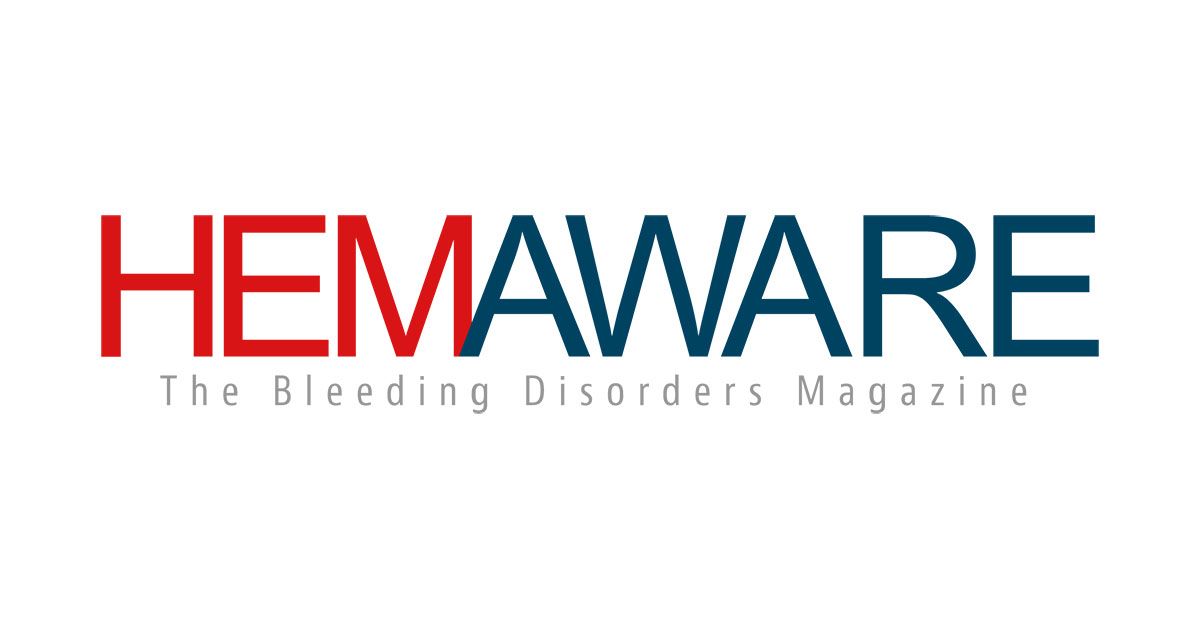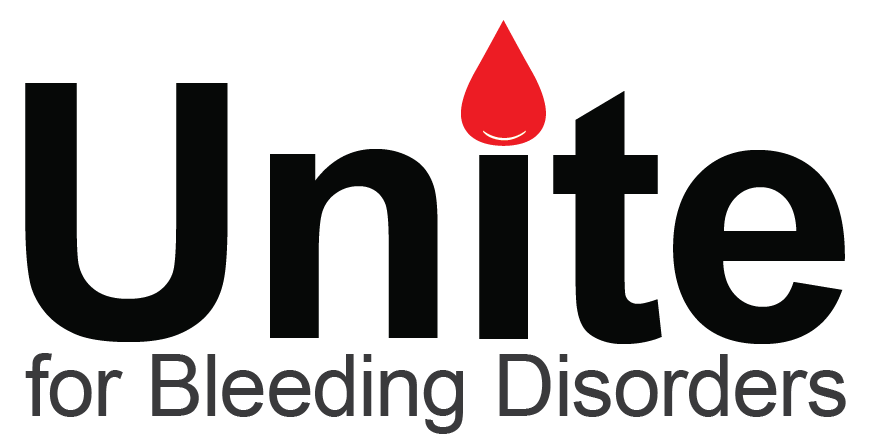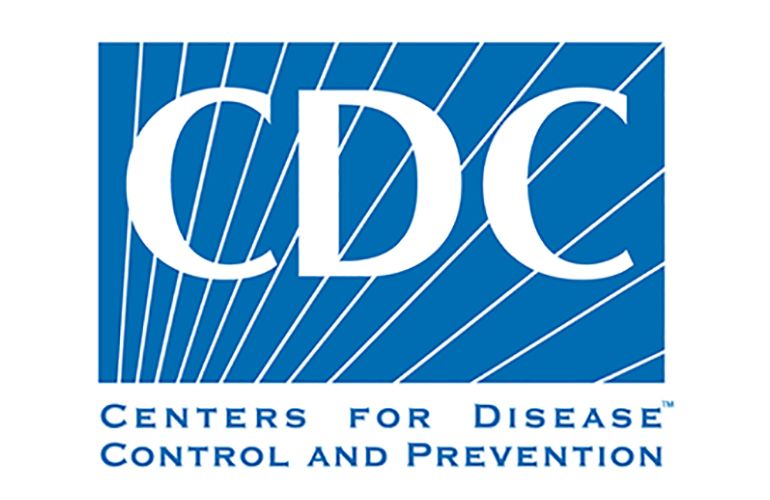There are several new medicines, or therapies, currently being explored for the treatment of bleeding disorders. These treatments are often referred to as “novel” therapies, because they use methods that are new.
Not all novel therapies being explored today focus on replacing the missing factor. Some seek to stop bleeding through other ways. Most of these products are in clinical trials, which are tests that researchers do to make sure medicines work the way they should. It is necessary for all new medicines to undergo testing in clinical trials and then be approved by the FDA before they can be prescribed by a doctor.
Hemostatic Balance
Your blood contains different elements that helps it clot (called pro-coagulants), and others that prevents it from clotting (called anti-coagulants). Coagulation is another word for clotting. One type of imbalance can lead to too much clotting. This is called “thrombosis.” The other type of imbalance can result in too much bleeding or a bleeding disorder. The perfect balance between pro-coagulants and anti-coagulants is known as hemostatic balance. Several new therapies seek to reduce bleeding episodes by restoring this balance.
Gene Therapy
Gene therapy is a way of treating a genetic disease or disorder by providing people with working copies of the gene to correct the disease or disorder. There are different approaches to gene therapy, including gene transfer and gene editing.
Currently, gene therapies for Hemophilia A and Hemophilia B work differently in the body and have different results. It is important that you work with your Hemophilia Treatment Center to learn more about gene therapy, to determine if you are eligible, to make certain you understand the risks and benefits, and to ensure you have the information you need to make the best decision for you.
Gene therapy for hemophilia A and gene therapy for hemophilia B have both recently been approved by the FDA.
Anti-tissue factor pathway inhibitor (TFPI) or anti-TFPI
Anti-TFPI is a novel treatment that seeks to reduce bleeding by decreasing (or putting the brakes) on the system that prevents us from clotting too much. Anti-TFPI restores hemostatic balance by blocking one of the anti-coagulants, TFPI, and preventing it from working normally. Because anti-coagulants decrease clotting, interfering with the way they work allows clotting to occur. Anti-TFPI does not rely on replacing a specific clotting protein, like factor VIII(8) or factor IX(9). For that reason, it can be used to prevent bleeding episodes in both hemophilia A and hemophilia B. Anti-TFPI is currently in phase 3 clinical trials.
RNA interference (RNAi) therapy targeting antithrombin
Similar to anti-TFPI, RNA interference (RNAi) therapy targets an anti-coagulant called antithrombin. It is a novel therapy that seeks to restore hemostatic balance by decreasing antithrombin which allows the formation of enough thrombin, a coagulant, to prevent bleeding. Because it does not rely on replacing a specific clotting protein, like factor VIII(8) or factor IX(9), it can be used to prevent bleeding episodes in both hemophilia A and hemophilia B. RNAi is currently in phase 3 clinical trials.
How to Learn More
The best person to discuss new therapies to treat bleeding disorders is your healthcare provider at your hemophilia treatment center. NBDF regularly updates the bleeding disorders community on the progress of new therapies in our monthly newsletter, NBDF Notes, and in HemAware magazine.










